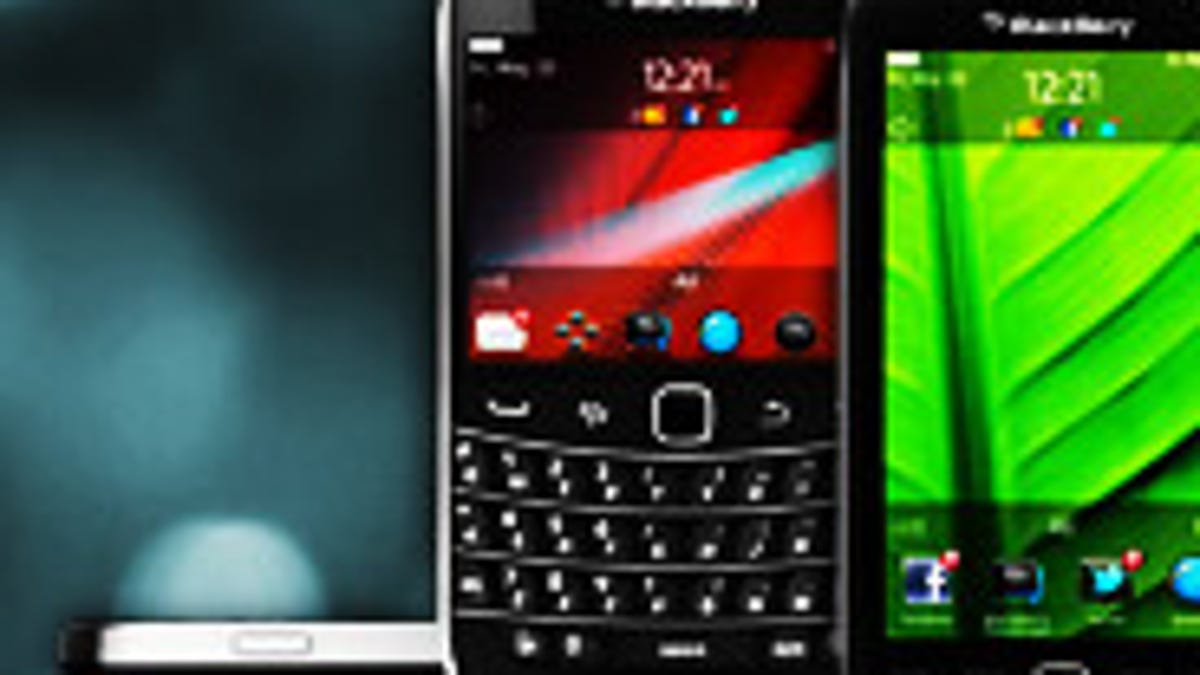BlackBerry BBX OS: What it really is
This morning RIM announced its BBX platform, but not details defining what it is or when it'll come to smartphones and tablets. RIM's product manager for BlackBerry App World sits down with CNET to share some details.

This morning when RIM announced BBX, the next-generation operating system that will power BlackBerry smartphones and tablets, the BlackBerry-maker offered few details about what the OS does, how it will propel RIM forward, and when we can expect to see it on working devices.
It's been known almost since RIM first announced the QNX-based PlayBook last year that the platform RIM bought would power smartphones, too. So isn't BBX just QNX repackaged to be more familiar to BlackBerry users? Turns out, there's more to it than that.
Instead, it's a joining of native BlackBerry capabilities with the QNX platform. I sat down with Alex Kinsella, RIM's product manager for BlackBerry App World, to get more details.
• RIM unveils its next-gen mobile OS: BBX
• With QNX phone, RIM must avoid PlayBook mistakes
• RIM blew it: No BlackBerry PlayBook, phones today
More QNX than BlackBerry OS
RIM chose QNX as its future operating system for the plain reason that the traditional BlackBerry OS was designed specifically for, and ultimately limited to, BlackBerry smartphones. (BlackBerry OS is written with a customized version of the Java platform, which isn't as easily extensible to tablets and other devices.)
QNX, on the other hand, already runs on a multitude of other devices: car dashboards, ATMs, medical devices, and airplane displays. QNX made a BlackBerry tablet well within reach.
As a result, QNX's established platform security and support for HTML 5 make it the base for which to keep building the BlackBerry brand (and possibly give BlackBerry further reach beyond consumer devices should BlackBerry's worldwide appeal continue to decline.)
Everything that's written for the PlayBook today, by the way, will be compatible for BBX devices going forward.
What BlackBerry OS brings to the table
QNX's limitations were evident in the BlackBerry PlayBook, which didn't support native e-mail, calendar, and contact apps when it launched. BBX will bring e-mail, BlackBerry Messenger, the core personal information management apps like calendar and address book, voice search, universal search, and NFC support from the current BlackBerry 7 OS to the new hybrid platform.
BBX going forward
BBX is in active development, Kinsella said, but RIM emphatically declined to share a peep about the timeline. What we do know is that RIM is releasing a developer beta for PlayBook OS 2.0, not for BBX, which is, in fact, RIM's big take-home news of the show.
For now, RIM's over 70 million BlackBerry subscribers worldwide will have to remain patient to see what a BBX phone will do.
RIM's Kinsella isn't worried. "There's going to be a market for BlackBerry phones for a long time to come," he said.

